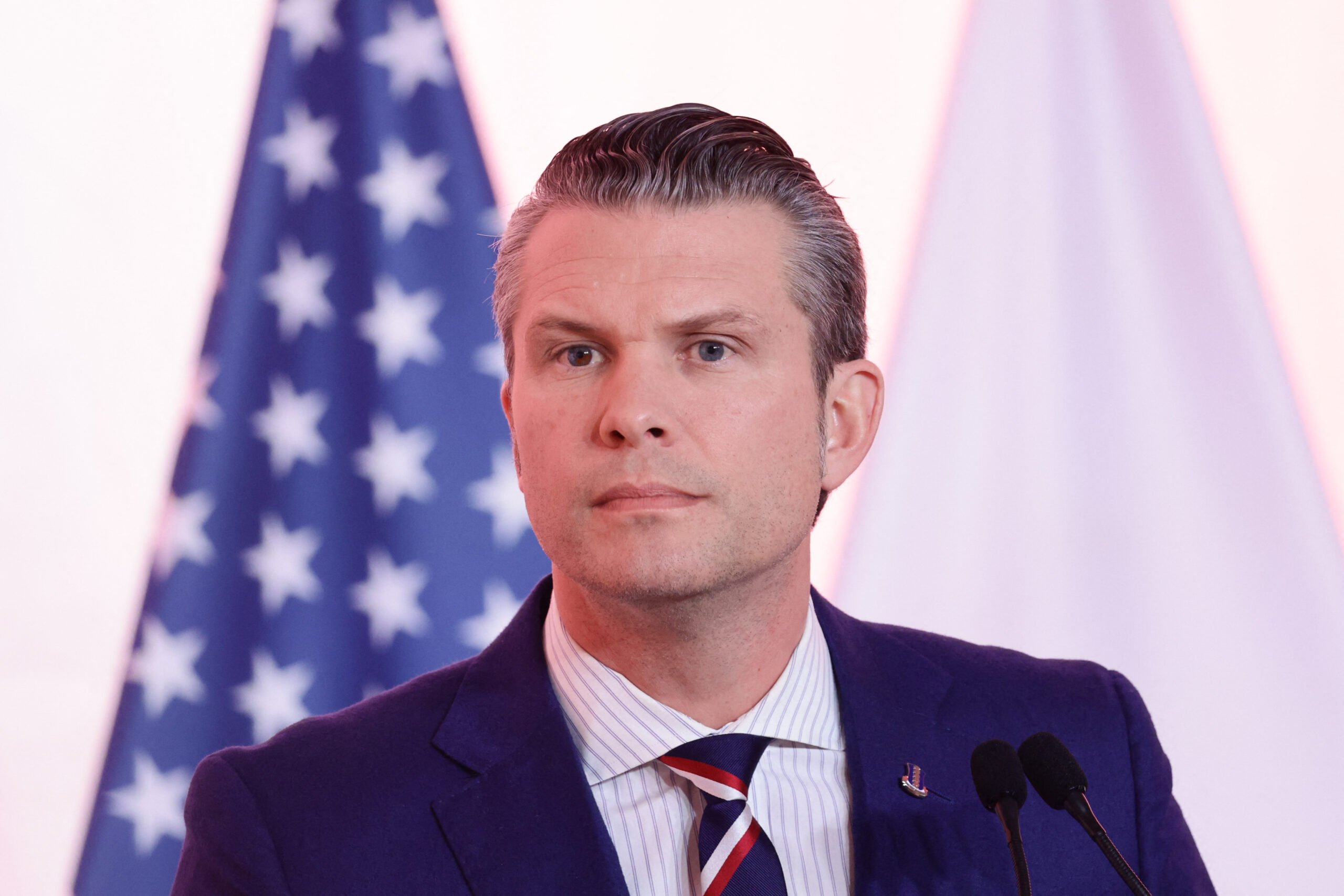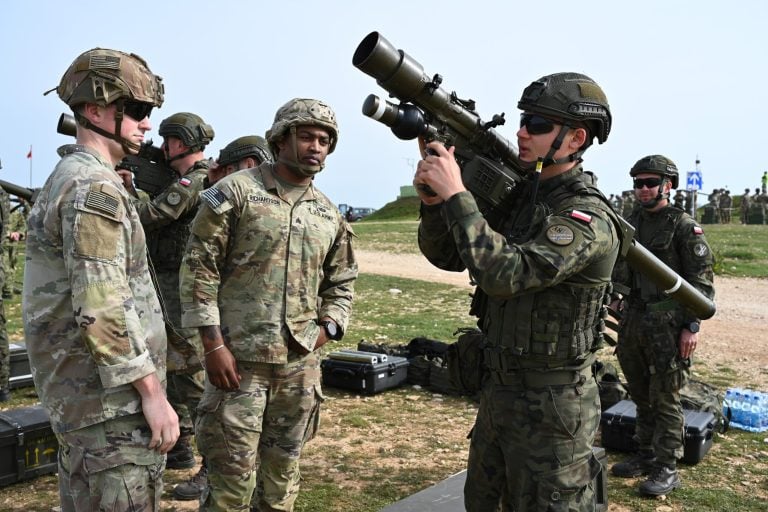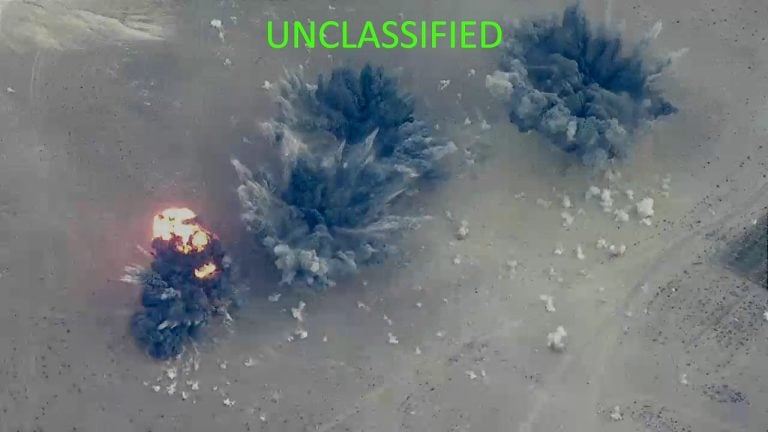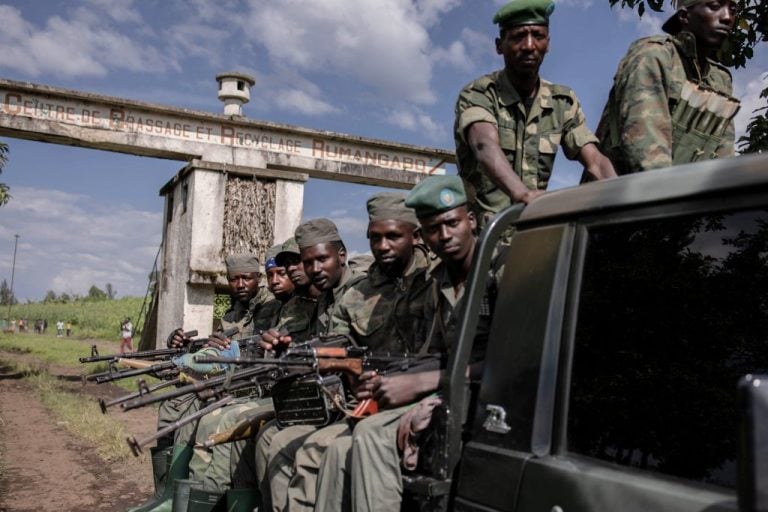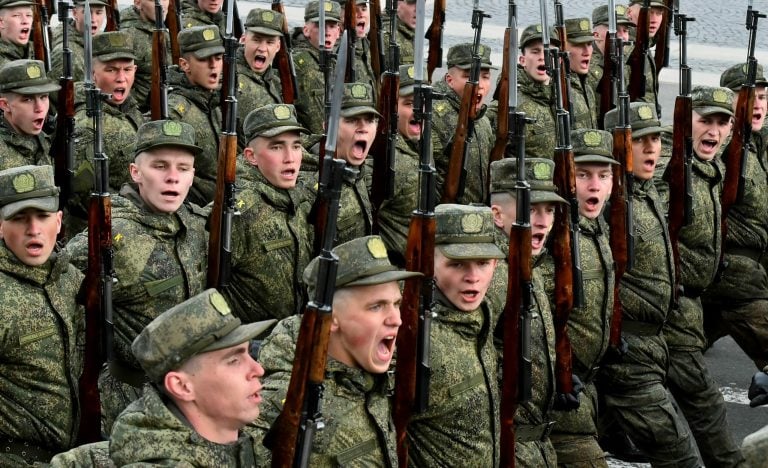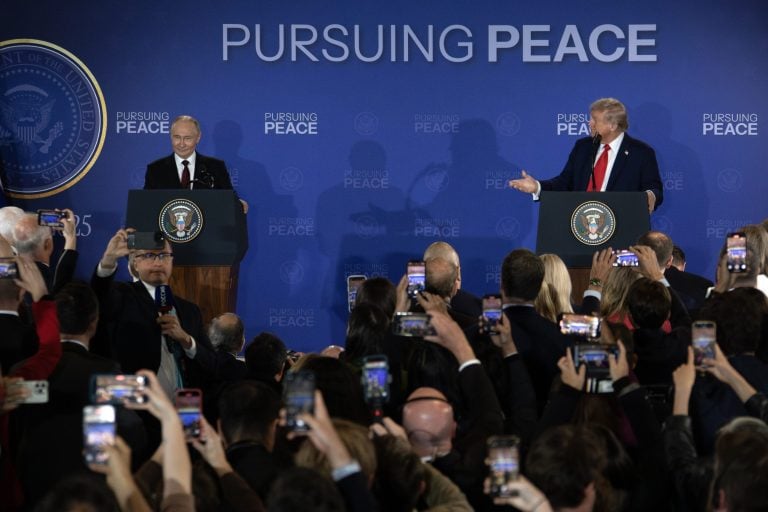A recent military operation in the Caribbean by the United States resulted in the deaths of three individuals described as “narco-terrorists,” according to Pentagon chief Pete Hegseth. This strike, which occurred on Saturday, is part of a broader campaign aimed at combating drug trafficking in the region and marks the latest incident in a series of assaults on vessels suspected of involvement in narcotics smuggling.
In the wake of escalating drug-related activities, the U.S. has intensified its military presence in the Caribbean, deploying Navy ships and F-35 stealth warplanes to Puerto Rico. The Pentagon has characterized this deployment as a massive effort to tackle the growing issue of drug trafficking that has been affecting both the U.S. and its neighboring countries.
Since early September, American forces have conducted over 15 strikes on alleged drug-trafficking vessels, resulting in at least 65 reported fatalities. This surge in military action has raised concerns among regional governments, which have criticized the U.S. approach as potentially excessive.
In a statement on social media, Hegseth noted that the vessel targeted in the latest operation was one of many tracked by U.S. intelligence that were believed to be engaged in illicit activities. He emphasized the assertion that the individuals aboard were indeed involved in narcotics smuggling, stating that they posed a threat to the United States.
However, experts have raised alarms about the nature of these strikes, labeling them as extrajudicial killings. There is widespread concern that, despite targeting known traffickers, the U.S. has not sufficiently disclosed evidence proving that the individuals posed an imminent threat or were actively engaged in smuggling operations at the time of the strikes.
The Pentagon chief reiterated America’s commitment to eradicating drug trafficking, declaring, “We will continue to hunt… and kill” those deemed to be involved in these illegal operations. This unwavering stance highlights both the U.S. government’s resolve to confront drug-related issues and the contentious debate surrounding the implications of military intervention in enforcing drug laws on international waters.
